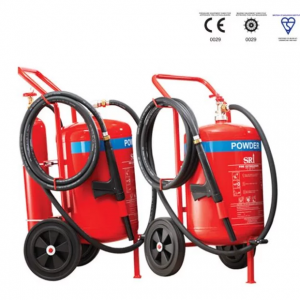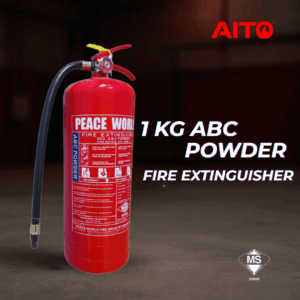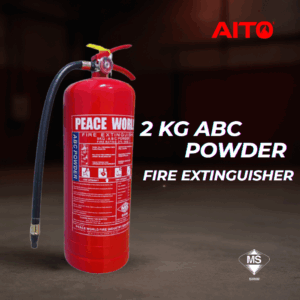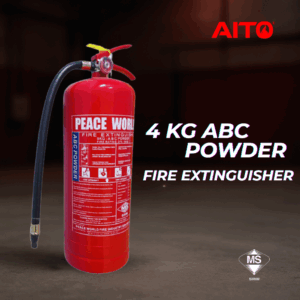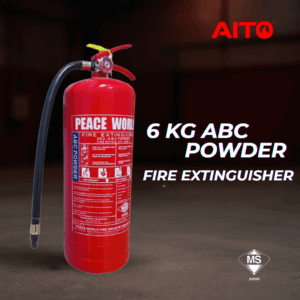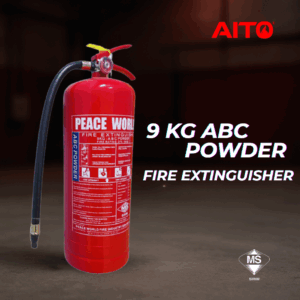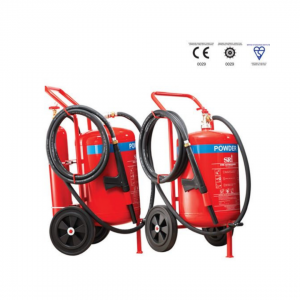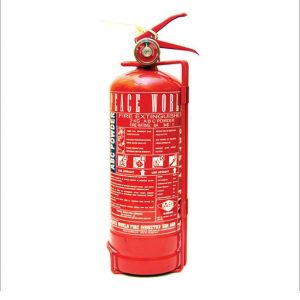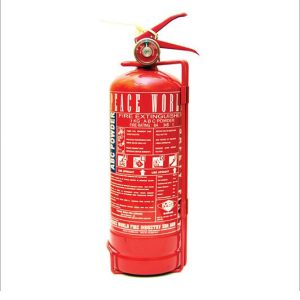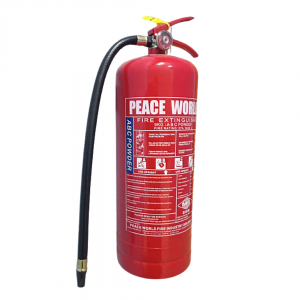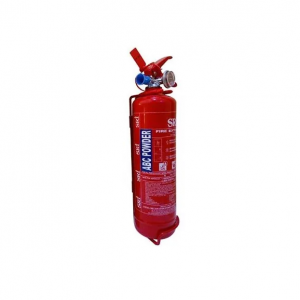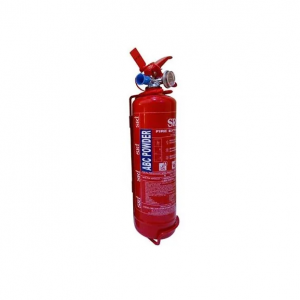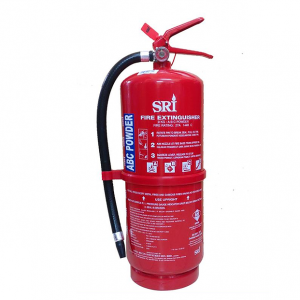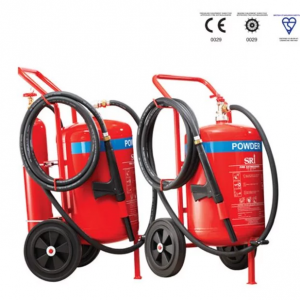Firefighting Foam Benefit
Firefighting foam is a critical tool in modern firefighting efforts, offering a range of benefits that enhance fire suppression capabilities and improve safety. This article explores the firefighting foam benefit, highlighting its effectiveness, versatility, and environmental considerations.
Effective Fire Suppression
One of the primary benefits of firefighting foam is its ability to effectively extinguish flammable liquid fires (Class B fires). When applied, the foam creates a blanket that smothers the fire by cutting off the oxygen supply and preventing re-ignition. This mechanism is particularly crucial in dealing with fires involving gasoline, oil, and other flammable liquids.
Cooling Effect
Firefighting foam also has a significant cooling effect on both the fire and the surrounding materials. This reduction in temperature helps to further suppress the flames and prevents the spread of the fire, making it easier for firefighters to control and extinguish the blaze.
Preventing Re-ignition
The foam blanket formed on the surface of the fuel not only extinguishes the fire but also prevents the release of flammable vapors. This characteristic is vital in minimizing the risk of re-ignition, ensuring that the fire remains suppressed and does not flare up again.
Versatility
Different types of firefighting foams are designed for various types of fires, enhancing their versatility. Class A foams are suitable for ordinary combustibles like wood and paper, while Class B foams are specifically formulated for flammable liquids. This versatility allows firefighters to choose the appropriate foam type based on the nature of the fire they are combating.
Penetration Capability
Class A foams possess the ability to penetrate porous materials, making them highly effective in extinguishing deep-seated fires in substances like wood, hay, and paper. This penetration capability ensures that the fire is thoroughly extinguished, even in hard-to-reach areas.
Environmental Considerations
In response to growing environmental concerns, modern firefighting foams are increasingly formulated to be environmentally friendly. Many biodegradable options are now available, which significantly reduce the impact on ecosystems. These environmentally conscious foams help balance effective fire suppression with ecological responsibility.
Reduced Water Damage
Using foam in firefighting can significantly reduce the amount of water needed to extinguish a fire. This reduction in water usage not only conserves water resources but also minimizes water damage to structures and reduces the overall cleanup effort required after a fire.
Enhanced Visibility
The white color of the foam can improve visibility for firefighters working in smoky environments. This enhanced visibility aids in safe navigation and helps firefighters identify hotspots more effectively, contributing to a safer and more efficient firefighting operation.
Ease of Use
Firefighting foam can be deployed through various delivery systems, including handheld extinguishers, foam generators, and fixed systems. This ease of use makes it accessible for different firefighting scenarios, from small-scale fires to large industrial blazes.
Adherence to Surfaces
Firefighting foam adheres well to vertical and irregular surfaces, providing a protective layer that helps suppress the fire more effectively. This adherence ensures that the foam stays in place, continuing to work against the fire even on challenging surfaces.
Conclusion
Firefighting foam is a versatile and effective tool that offers numerous benefits in terms of fire suppression. Its ability to extinguish various types of fires, prevent re-ignition, and reduce water usage makes it an indispensable. As formulations continue to evolve, the environmental impact of firefighting foam is also being addressed, ensuring that this essential tool can be used responsibly and sustainably.




